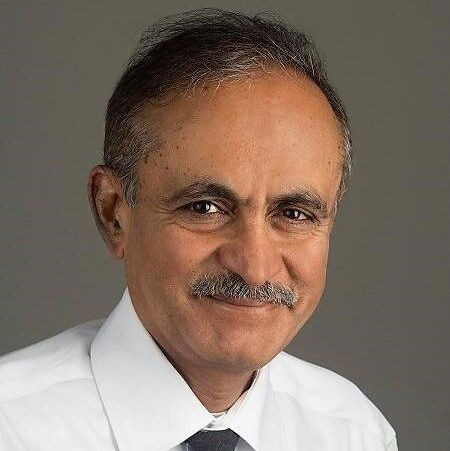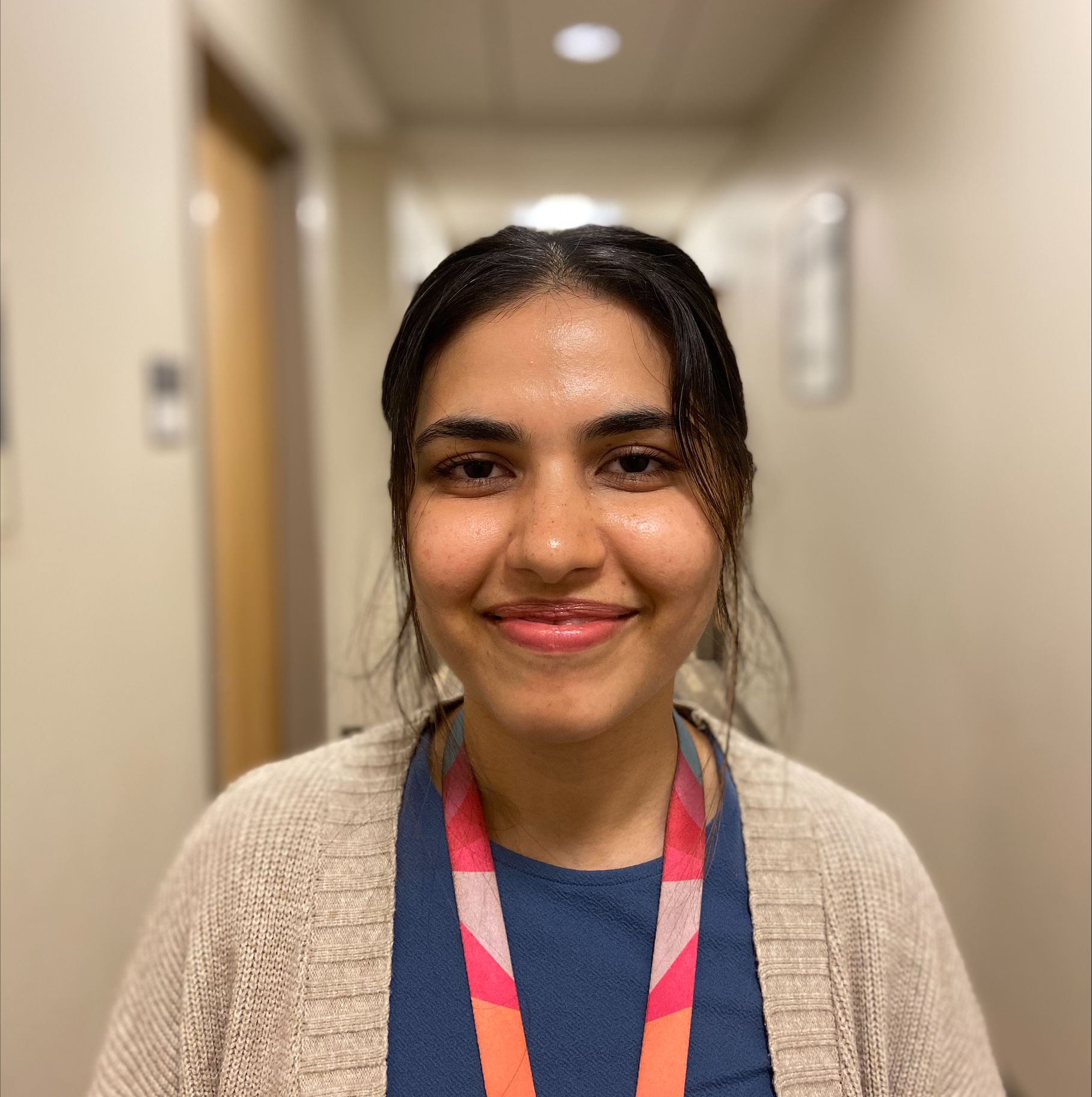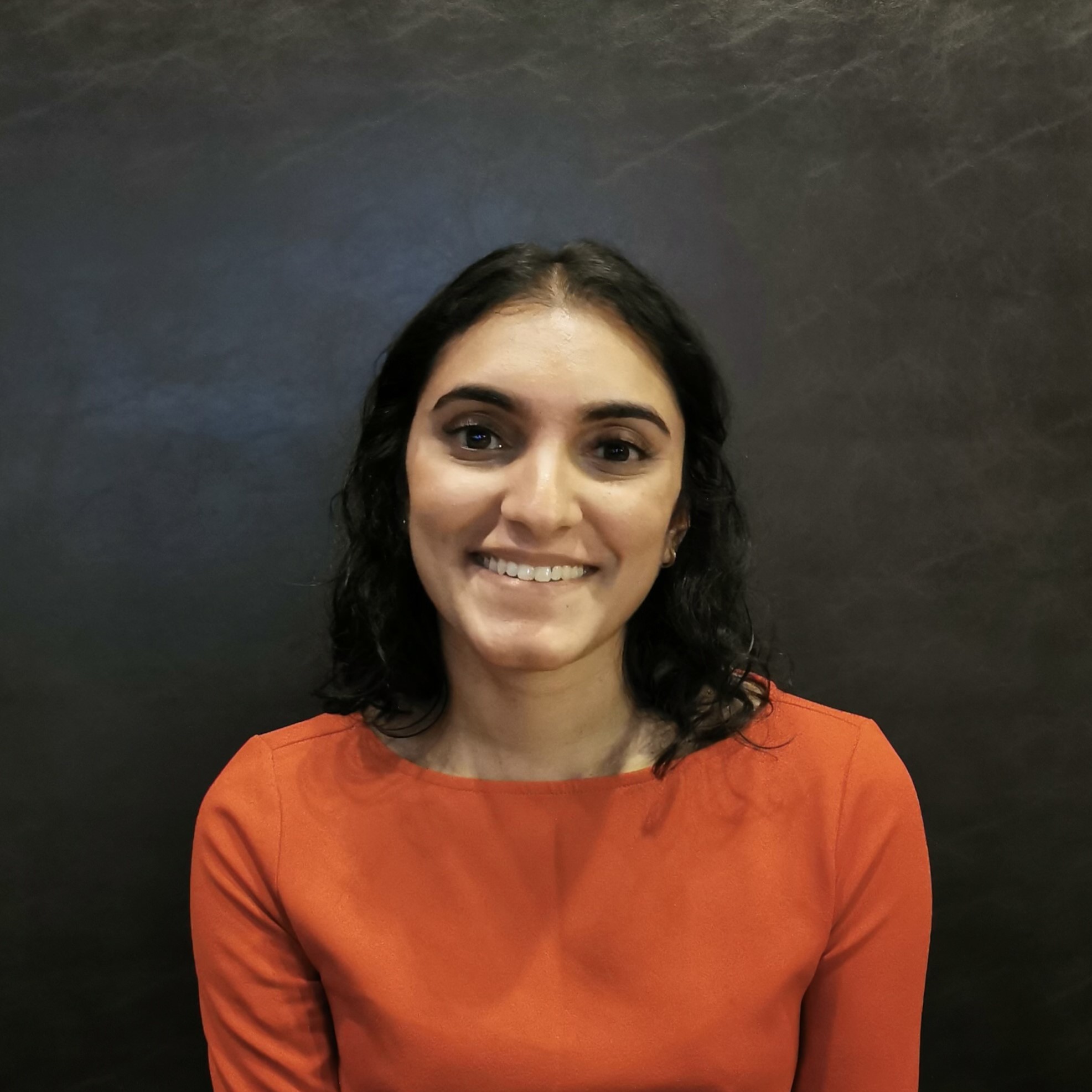What the Nose Knows:
About the Study

This is the first study to examine the predictive utility of olfactory hedonic measurement for targeted psychosocial rehabilitation in schizophrenia. Specifically, our primary aim is to determine if hedonic (pleasantness) ratings of different smells predict how much people with schizophrenia-spectrum conditions benefit from the two evidence-based psychosocial interventions—Cognitive Enhancement Therapy (CET) and a form of Social Skills Training (SST) called Helping Ourselves Perceive and Experience Success (HOPES)—that they receive through their participation in Project SUCCESS. The information gathered from the project is of considerable public health relevance, in that, through simple, reliable smell assessment, it will provide knowledge about which individuals are most likely to benefit from these psychosocial interventions. Secondarily, we are also investigating the relationship between the hedonic smell ratings, the ability to experience pleasure from various activities, and clinical symptoms. Finally, we seek to analyze how medication type, clozapine or other antipsychotic medications, may interact with hedonic smell ratings to influence CET and SST outcomes. Findings from this project will help in tailoring existing treatments and developing new approaches to improve outcomes in individuals with schizophrenia-spectrum conditions.
Methodology
 This study is linked to Project SUCCESS; invitation to partake in this study is extended to Project SUCCESS participants. The study aims to recruit 116 people, in which each individual will undergo an 80-95 minute assessment via videoconferencing call. During the paid assessments, participants are asked to answer questions about mental health symptoms and functioning, take a brief computerized thinking task, and complete measures of smell abilities, including questions related to sense of smell, and a scratch and sniff test with ratings to identify different odors and describe the strength and pleasantness of the odors. This assessment will be repeated two additional times over the course of the study for a total of three times, each with 6-month intervals.
This study is linked to Project SUCCESS; invitation to partake in this study is extended to Project SUCCESS participants. The study aims to recruit 116 people, in which each individual will undergo an 80-95 minute assessment via videoconferencing call. During the paid assessments, participants are asked to answer questions about mental health symptoms and functioning, take a brief computerized thinking task, and complete measures of smell abilities, including questions related to sense of smell, and a scratch and sniff test with ratings to identify different odors and describe the strength and pleasantness of the odors. This assessment will be repeated two additional times over the course of the study for a total of three times, each with 6-month intervals.
Our Team
Principal Investigator

Assistant Professor, Department of Psychiatry
Harvard Medical School
Director of Neuropsychology Research and the Peer Advisory, Advocacy & Research Council (PAARC), Psychosis Research Program
Massachusetts Mental Health Center
Beth Israel Deaconess Medical Center, Harvard Medical School
Co-Investigators

Stanley Cobb Professor and Academic Head of Psychiatry,
Beth Israel Deaconess Medical Center and Massachusetts Mental Health Center,
Harvard Medical School
Editor, Schizophrenia Research

Professor Emeritus of Sociology
University of Massachusetts Boston
Research Scientist I
Beth Israel Deaconess Medical Center
Lecturer, part-time
Beth Israel Deaconess Medical Center and Massachusetts Mental Health Center,
Harvard Medical School
Consultants

Deanna M. Barch, Ph.D.
Professor of Psychological & Brain Sciences, Psychiatry, and Radiology
Vice Dean of Research, Arts & Sciences
Gregory B. Couch Professor of Psychiatry
Editor-in-Chief, Biological Psychiatry: Global Open Science
Washington University

Director of Clinical Programming
McLean OnTrack
Schizophrenia and Bipolar Disorder Program
Associate Professor, Department of Psychiatry
Harvard Medical School

Diego A. Pizzagalli, Ph.D.
Professor of Psychiatry
Harvard Medical School
Director, McLean Imaging Center
Director, Center For Depression, Anxiety and Stress Research
Director of Research, Division of Depression & Anxiety Disorders
Director, Laboratory for Affective and Translational Neuroscience
Director, McLean Conte Center for the Neurobiology of Approach-Avoidance Decision Making

Bruce Turetsky, M.D.
Associate Director, Neuropsychiatry Division
Director, Neurophysiology & Brain Imaging Laboratory
Department of Psychiatry
Associate Professor of Psychiatry,
Perelman School of Medicine
University of Pennsylvania
Study Staff

Matthew A. Killam, BA
Clinical Trials Specialist

Seo Yeon (Sunny) Lee, BS
Clinical Research Assistant I

Tabinda Khan, BA
Clinical Research Assistant I

Gautami Shashidhar, BA
Clinical Research Assistant II
Contact
If you have any questions about the study, please contact Seo Yeon (Sunny) Lee.
Funding
This study is being conducted by Raquelle I. Mesholam-Gately, Ph.D. and is funded by the National Institute of Mental Health (NIMH) (NIH R21 MH127479-01A1 / NCT05282186).
